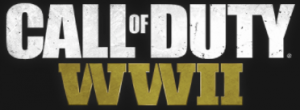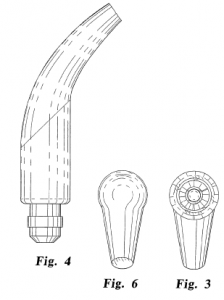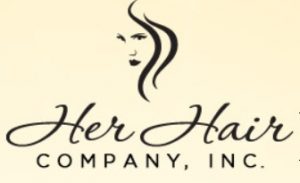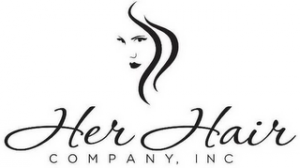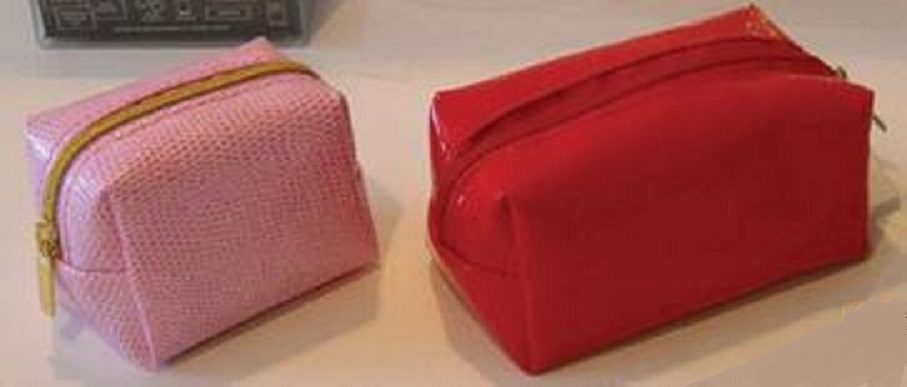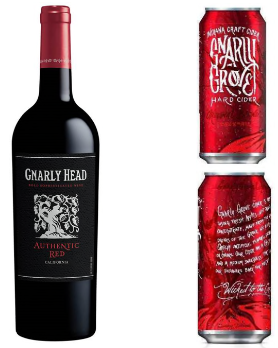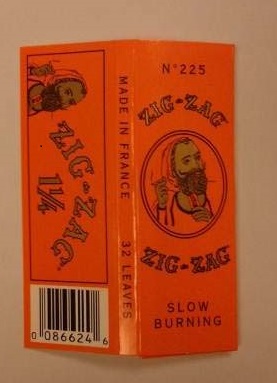
Fort Wayne, Indiana – Attorneys for Plaintiffs North Atlantic Operating Company, Inc. and National Tobacco Company, L.P., both of Louisville, Kentucky, filed a trademark infringement lawsuit in the Northern District of Indiana alleging infringement of various registered trademarks covering ZIG-ZAG® roll-your-own cigarette papers and accessories. In addition to trademark infringement under federal law, Plaintiffs allege copyright infringement, false designation of origin and trade dress infringement under federal law as well as trademark infringement and unfair competition under Indiana common law.
Multiple Defendants, most of Fort Wayne, Indiana, are named in this intellectual property lawsuit: KPC Distributor Inc.; Kuldeep Singh; Paramjit Singh; Charanjit Singh; Burger’s, Inc., d.b.a. Burger Dairy; JGM Stores Inc., d.b.a. Burger Dairy II; Kirandeep, Inc., d.b.a. Crescent Corner Express; KSL Stores Inc., d.b.a. Get 2 Go #10; KSL Holdings Inc., d.b.a. Get 2 Go #13; Coliseum Quick Mart Inc., a.k.a. Get 2 Go #15; Calhoun Store Inc., a.k.a. Get 2 Go 16; KPC Brothers Inc., a.k.a. Get 2 Go #17 d.b.a. Get 2 Go; Get 2 Go #18; Virk Brothers Enterprises Inc., a.k.a. Get 2 Go 19, d.b.a. Shell Get 2 Go #19; JAT Boyz Stores Inc., a.k.a Harlan Quick Stop; KPC Investments LLC, a.k.a. Iceway Express; John Does 1-10; and XYZ Companies 1-10.
At issue in this Indiana lawsuit are the following trademarks: Registration No. 610,530 for ZIG-ZAG (stylized), Registration No. 1,127,946 for ZIG-ZAG (text), Registration No. 2,169,540 for Smoking Man (design with circle border), Registration No.2,169,549 for Smoking Man (design with no border), Registration Nos. 2,664,694 and 2,664,695 for North Atlantic Operating Company, Inc. (design), and Registration Nos. 2,610,473 and 2,635,446 for North Atlantic Operating Company (text), all of which have been registered by the U.S. Patent and Trademark Office. The ZIG-ZAG trademarks are owned by a French company, Bolloré, S.A., which is not a party to this litigation, and are licensed to Plaintiff North Atlantic.
Defendants are accused of engaging in a widespread scheme to acquire, sell and/or distribute counterfeit products bearing various registered trademarks and/or copyrighted text that Plaintiffs allege is protected by law. This text includes the phrase “Distributed by North Atlantic Operating Company, Inc.”
Plaintiffs further contend that one or more Defendants’ conduct was willful. They contend that this was demonstrated on more than one occasion when a North Atlantic representative requested a receipt for the purchase of accused goods and this request was refused. On one occasion, when the representative insisted on a receipt, Plaintiffs state that “Defendant KPC Distributor ripped the receipt in two pieces, keeping the piece that displayed Defendant KPC Distributor’s contact information for itself.”
In this Indiana intellectual property lawsuit, filed by trademark litigators for Plaintiffs, Defendants are accused of having sold “dozens of cartons and hundreds of booklets of confirmed counterfeit ZIG-ZAG® Orange to undercover North Atlantic representatives.” Plaintiffs state the following claims:
• Federal Trademark Infringement (15 U.S.C. § 1114)
• False Designation of Origin and Trademark/Trade Dress Infringement (15 U.S.C. § 1225(a))
• Federal Copyright Infringement (17 U.S.C. §§ 101 et seq.)
• Common Law Unfair Competition
• Common Law Trademark Infringement
Plaintiffs ask the federal court for damages, injunctive relief, costs and attorneys’ fees.
Continue reading
 eking a nationwide injunction, compensatory damages, and attorneys’ fees.
eking a nationwide injunction, compensatory damages, and attorneys’ fees. Indiana Intellectual Property Law News
Indiana Intellectual Property Law News


